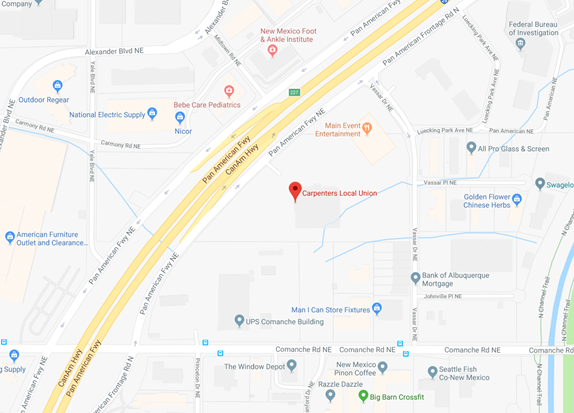
The roofing industry is the best place to start if you're wondering why roofing contractors should join the NRCA. The entire roofing industry is represented by this non-profit organization, from the consumer all the way to the construction companies. It also publishes a monthly magazine and maintains a webpage dedicated to supply chain shortage information. Here are some reasons to join the association:
NRCA (Non-Profit Trade Association for the Roof Industry) is a non profit trade association.
The NRCA is a non-profit trade organization, founded in 1886, that represents the entire roofing industry. The NRCA is the primary representative and advocate of the industry. It educates professionals as well as consumers on best practices. The organization holds an annual convention for its members, which includes seminars, display booths, and the latest technical manuals. NRCA members have been in business for an average of 25 years.
It has a monthly publication
Professional Roofing, a monthly publication by the NRCA, is also available. It employs two architects and one licensed engineer. NRCA President and CEO Reid Ribble received many industry awards. Fortune Small Business also recognized him as one of America's top 50 lobbyists. He has been recognized by several industry groups as the most senior executive in their association. The roofing industry reaps the benefits of NRCA's monthly publication.
It has a supply chain shortage information webpage
Millions of people around the globe are affected by the global supply chain crisis. Some people are concerned about running out of toilet paper or other essentials. This is affecting global economic recovery and negatively impacting consumers. There's an easy way to keep informed. Visit the NRCA's Supply Chain Information webpage. It is full of resources to help you manage your supply chain. It includes language that contractors can use to create their contracts.

FAQ
Who provides a Service Agreement?
Service agreements between you and your customers define how you will deliver services to them. It details the customer’s responsibilities, what they can do for you, and when they will have to pay.
A service agreement will also indicate if additional fees are required for additional services.
All terms and conditions of a service agreement must be included. This includes delivery dates, payment methods, warranties and other terms.
You can use this template to cover every aspect of the agreement.
Do I Need A Legal Representative To Sign My Service Agreements?
No. Your service agreements can be signed by anyone. As a precaution, however, it is a good idea to appoint one.
Legal representatives are people who act on behalf of another person. You may wish to appoint someone to represent you professionally if you are a contractor.
This could also mean that you hire a solicitor or an accountant. This could be a matter of appointing someone who will look after your business interests.
In most cases, a legal representative is appointed by the client. But sometimes, a legal representative is hired by the vendor.
In either case, having a legal representative means you are protected legally.
Who will pay for the service
Your SCA will indicate who is responsible in paying for the service. The service provider may be entitled to compensation if it isn't paid in full.
How much does it set you back to get building permission?
It varies depending on the state and the complexity of your proposal. It could also depend on whether or not you are applying to permission to build on your existing home. This can take several weeks so don't be surprised if you have to wait for everything to be completed.
What does my SCA include?
Your SCA will specify the exact scope of work that needs to be done, including how long it will take, what materials need to be used, what equipment is needed, and whether any special permits are required.
Statistics
- (3) The contracting officer may provide for a contract price adjustment based solely on a percentage rate determined by the contracting officer using a published economic indicator incorporated into the solicitation and resulting contract. (acquisition.gov)
- Don't take their anger personally, they are mad about the situation 99% of the time. (activatemylicense.com)
- (d) Contractor disputes related to compliance with its obligation shall be handled according to the rules, regulations, and relevant orders of the Secretary of Labor (see 41 CFR60-1.1). (acquisition.gov)
- (1) Except as provided in paragraphs (a)(4) and (a)(8) of this section, if the estimated amount of the contract or subcontract is $10 million or more, the contracting officer shall request clearance from the appropriate OFCCP regional office before- (acquisition.gov)
- Reasonable late fees go up to 25% per year on unpaid sums. (lawdepot.com)
External Links
How To
How Do I Start Negotiating The Terms Of My First Service Agreement?
Negotiating the terms of your first service agreement can seem overwhelming.
However, it does not have to be difficult for you to negotiate the terms of your first contract.
It all depends on how prepared and organized you are.
Before you start to negotiate, ensure you are familiar with the terms and conditions for your first service agreement.
You should, for example, know exactly what you will do to the customer.
You should also know what your customer wants from you.
Once you know what you will offer, you can begin preparing for negotiations.
The more information you have, the better you will be prepared to meet the other side.